Rethinking Multicultural Education 3rd Edition
Practical, rich in story, and analytically sharp, Rethinking Multicultural Education can help current and future educators as they seek to bring racial and cultural justice into their own classrooms.
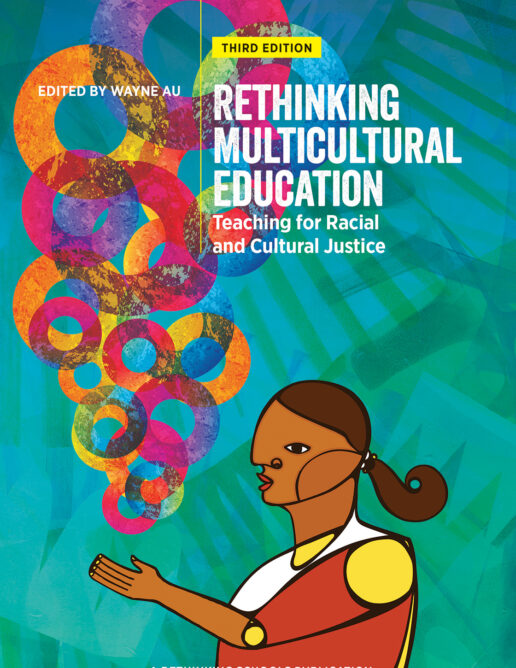
Practical, rich in story, and analytically sharp, Rethinking Multicultural Education can help current and future educators as they seek to bring racial and cultural justice into their own classrooms.
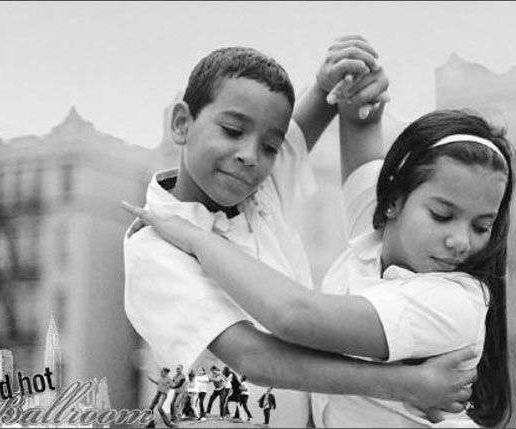
Mad Hot Ballroom Director/Producer: Marilyn AgreloWriter/Producer: Amy Sewellwww.paramountclassic.com/madhot/ Mad Hot Ballroom, a documentary about a fifth-grade ballroom dance program in New York City schools, is more than a feel-good summertime film. […]
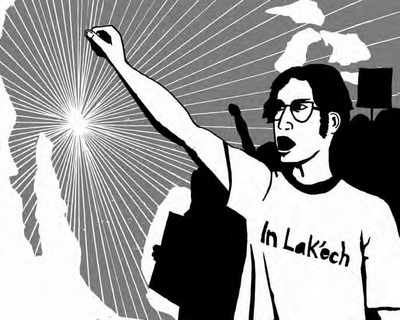
“Banned in Tucson.” As many Rethinking Schools readers know, in January Tucson school officials ordered our book Rethinking Columbus removed from Mexican American Studies classes, as part of their move to shut down the […]
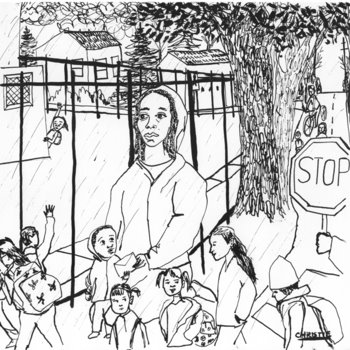
An African American mother and teacher educator uses examples from her own childhood to describe how she hopes her child will be treated by teachers, and what she fears.
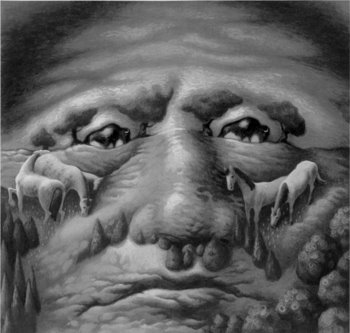
Of Thee I Sing: A Letter to My DaughtersBy Barack Obama Illustrated by Loren Long(Knopf, 2010) On the title page of President Barack Obama’s picture book, Of Thee I Sing: A […]
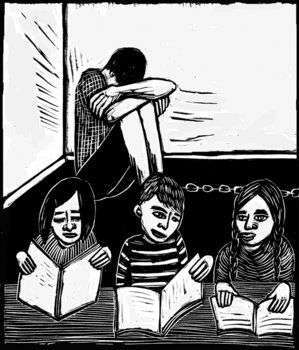
A master teacher faces a classroom revolt. She realizes that, no matter how imminent the high-stakes test, stopping the school-to-prison pipeline begins in the classroom with student-centered, meaningful curriculum.
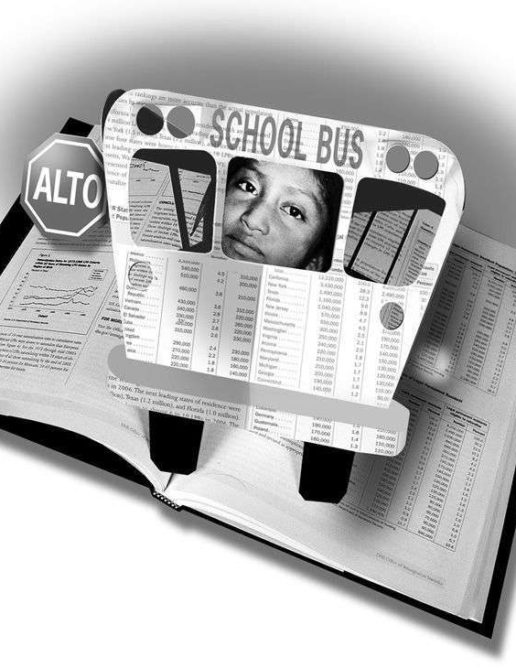
For those of us working with immigrant populations, we have in our students living examples that we can use to bring the immigration issue to the forefront and teach all of our students.
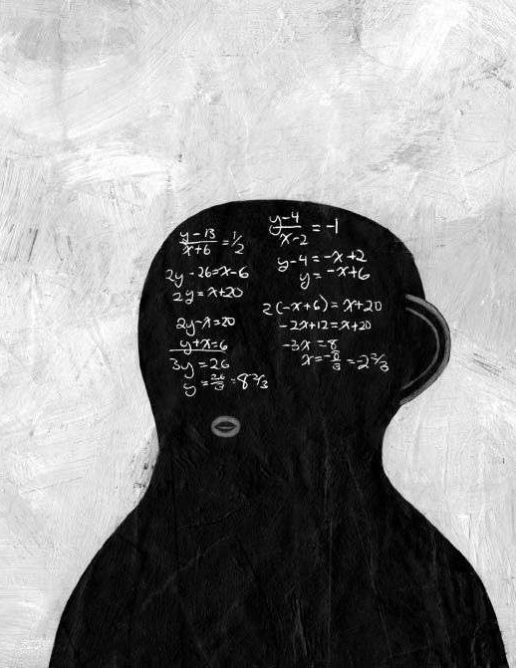
Have you ever sat next to an Asian student in class and wondered how she managed to consistently get straight A’s while you struggled to maintain a B-minus average? -from Top […]
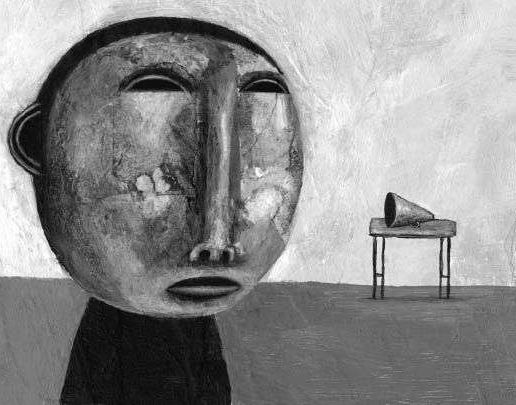
None of my schools issued uniforms. What I did wear was a uniform in my head which kept me in line, out of trouble. It was a suit which had […]
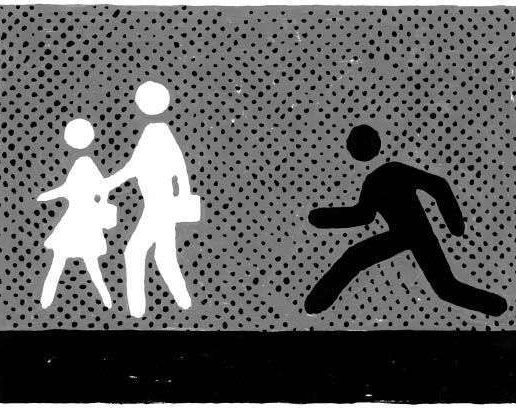
Ohio attempts to close achievement gap by focusing on 9th-grade males
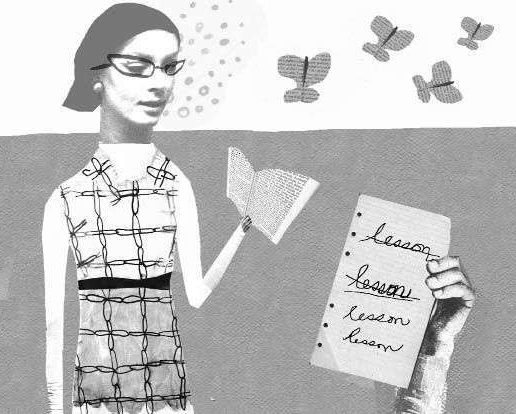
A veteran teacher laments the trend toward mandated curriculum and argues that teachers should choose materials that address students’ lives and social issues.
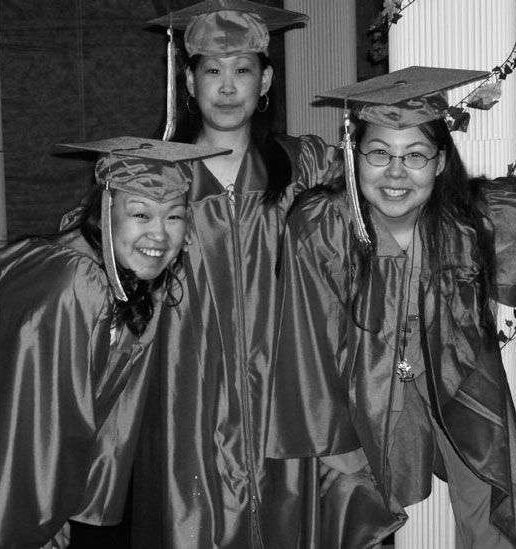
Edwina did what was asked of her. Did Alaska do everything it could for her?
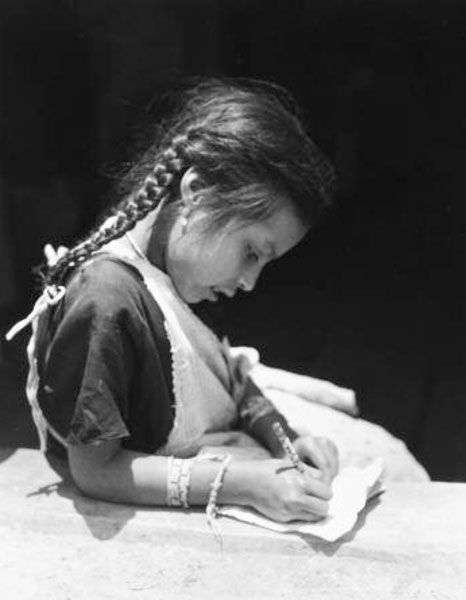
Encouraging prospective teachers to examine their cultural heritage.
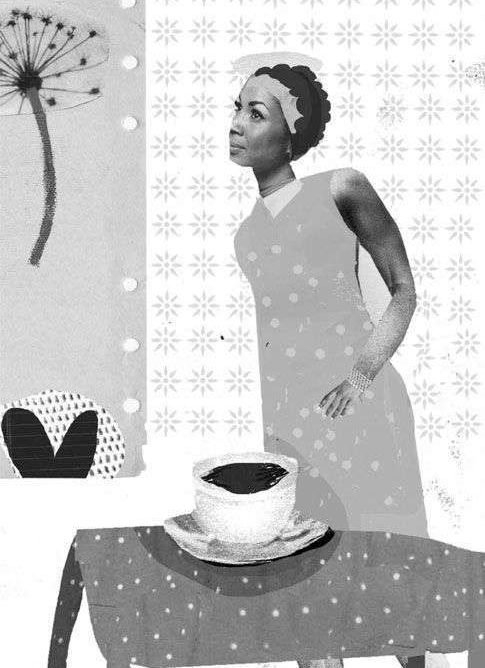
Building classroom relationships through poetry.
Viviana, who had only lived in the United States for two years, walked nervously to the speaker’s podium at a press conference on the steps of her high school. Although […]

The principal of Brooklyn’s El Puente Academy for Peace and Justice shows how art can connect students with their communities.

One of the founders of a folk arts-based school slated to open in Philadelphia this fall hopes small schools can create possibilities for reclaiming communities.
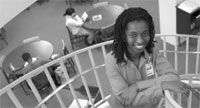
Profiling an African American teacher on Chicago’s south side.
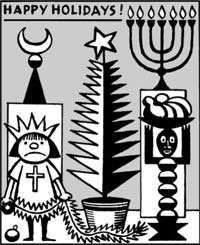
A first-year teacher’s naivety has repercussions.
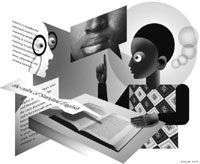
Nurturing student writing to make it language of power”.”
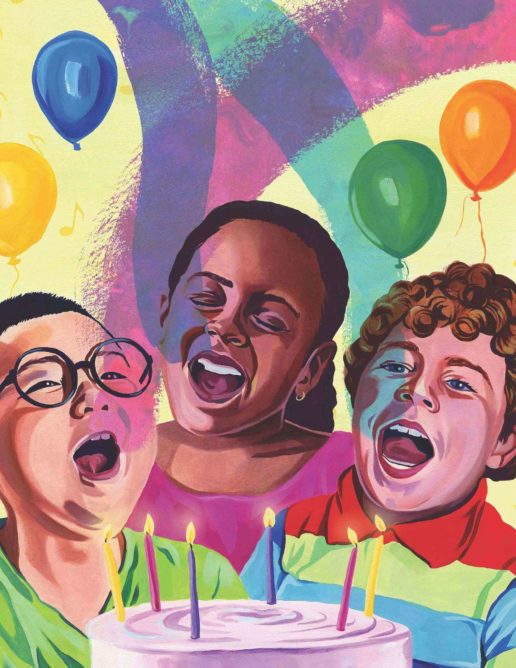
A kindergarten teacher looks at birthday celebrations in her classroom and whether all of her students’ home languages and rituals are being uplifted.
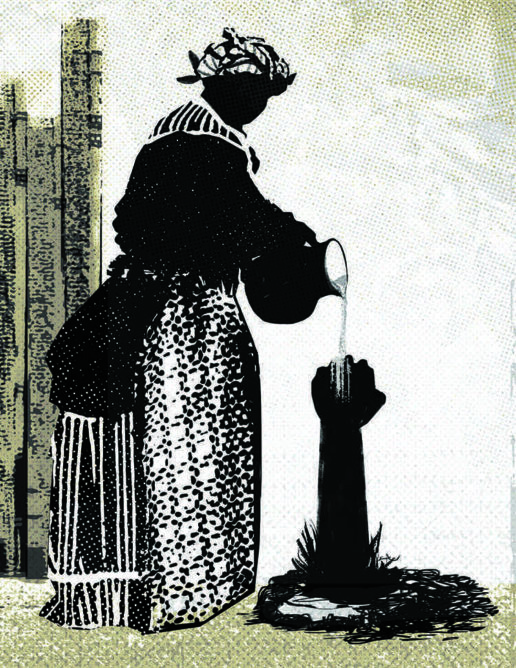
Unfortunately, the transformative history of Reconstruction has been buried. First by a racist tale masquerading as history and now under a top-down narrative focused on white elites. It’s long overdue we unearth the groundswell of activity that brought down the slavers of the South and set a new standard for freedom we are still struggling to achieve today.
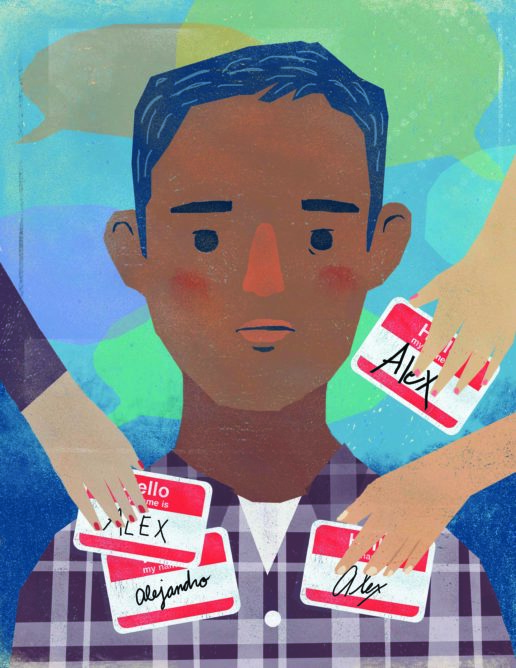
Students’ names are the first thing teachers know about the young people who enter our classrooms; they can signal country of origin, gender, language. Students’ names provide the first moment when a teacher can demonstrate their warmth and humanity, their commitment to seeing and welcoming students’ languages and cultures into the classroom.
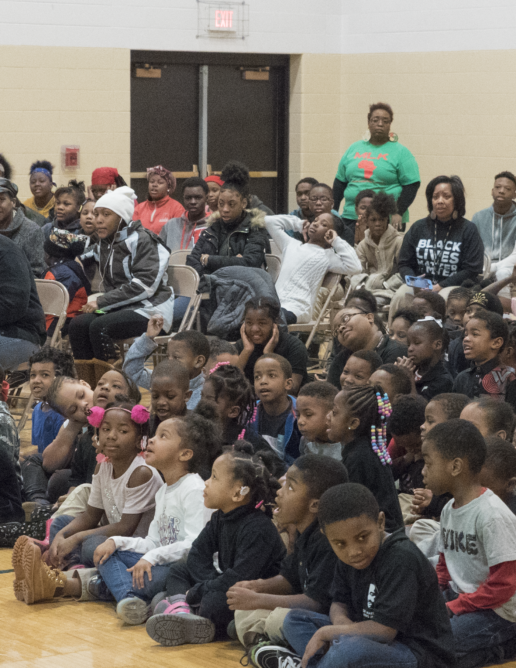
In an era when a U.S. president calls Haiti and African nations shithole countries; a time when hate crimes are on the rise; a time when Black students are suspended at four times the rate of white students; and a time when we have lost 26,000 Black teachers since 2002, building a movement for racial justice in the schools is an urgent task. Black lives will matter at schools only when this movement becomes a mass uprising that unites the power of educator unions and families to transform public education.
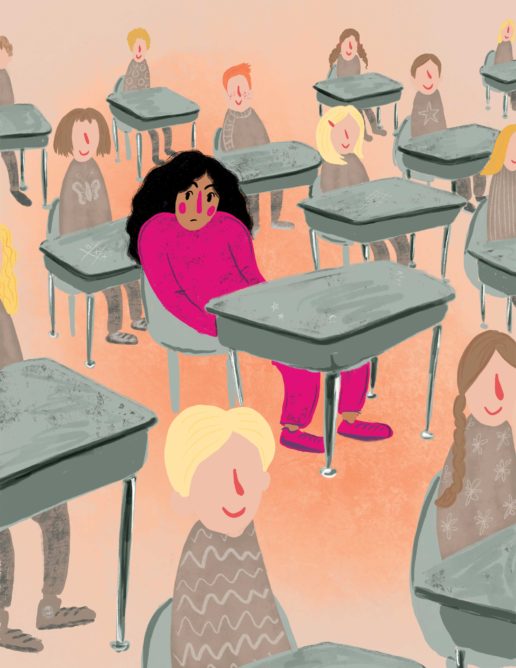
A Palestinian American mother describes the alienation that she felt in school, and how she draws on her experiences to imagine the schooling she wants for her children.